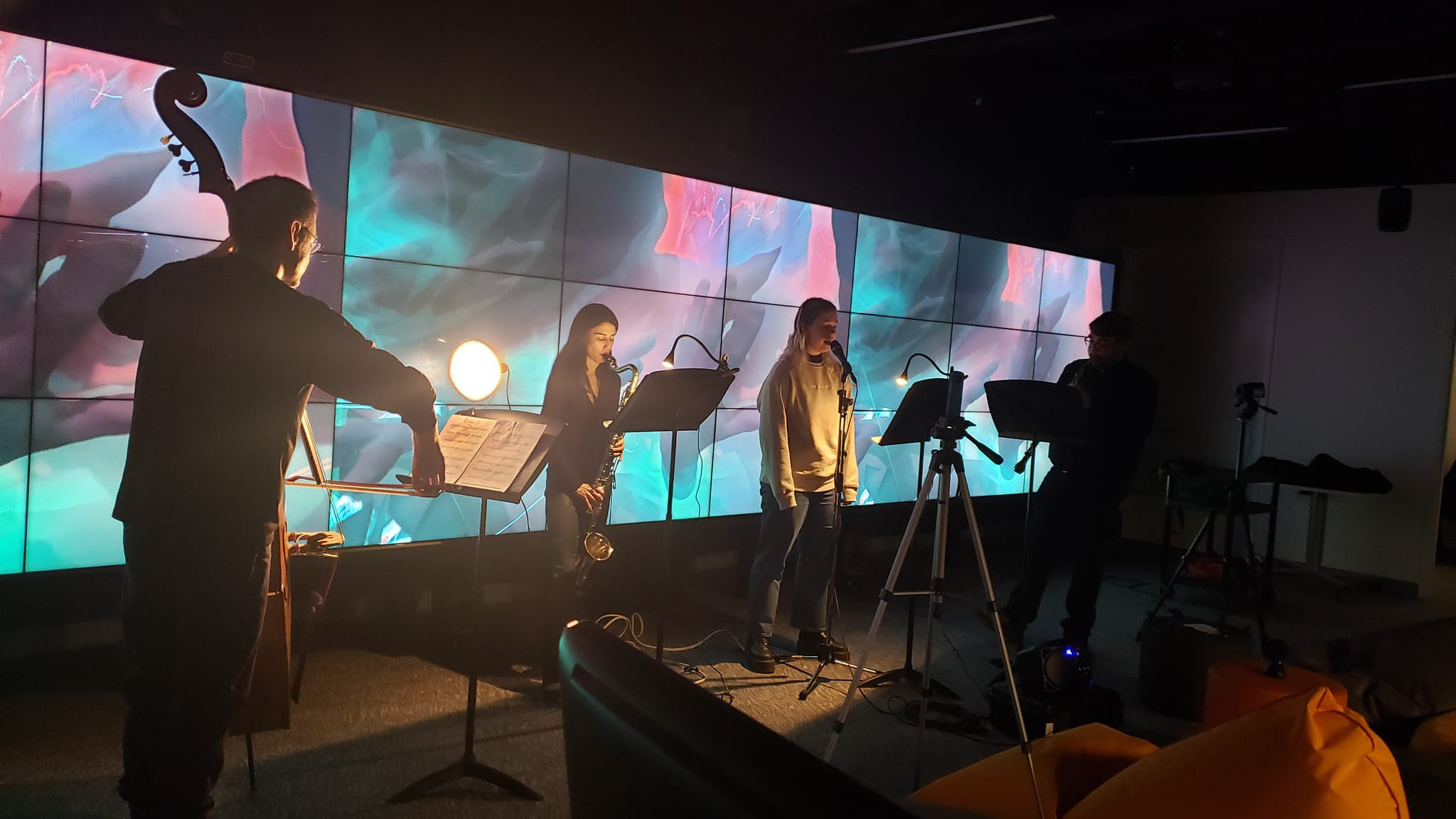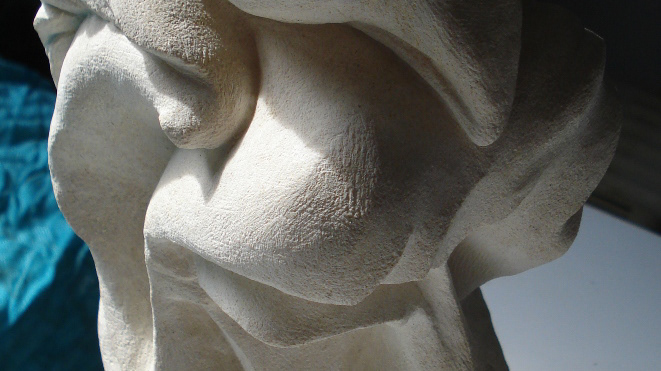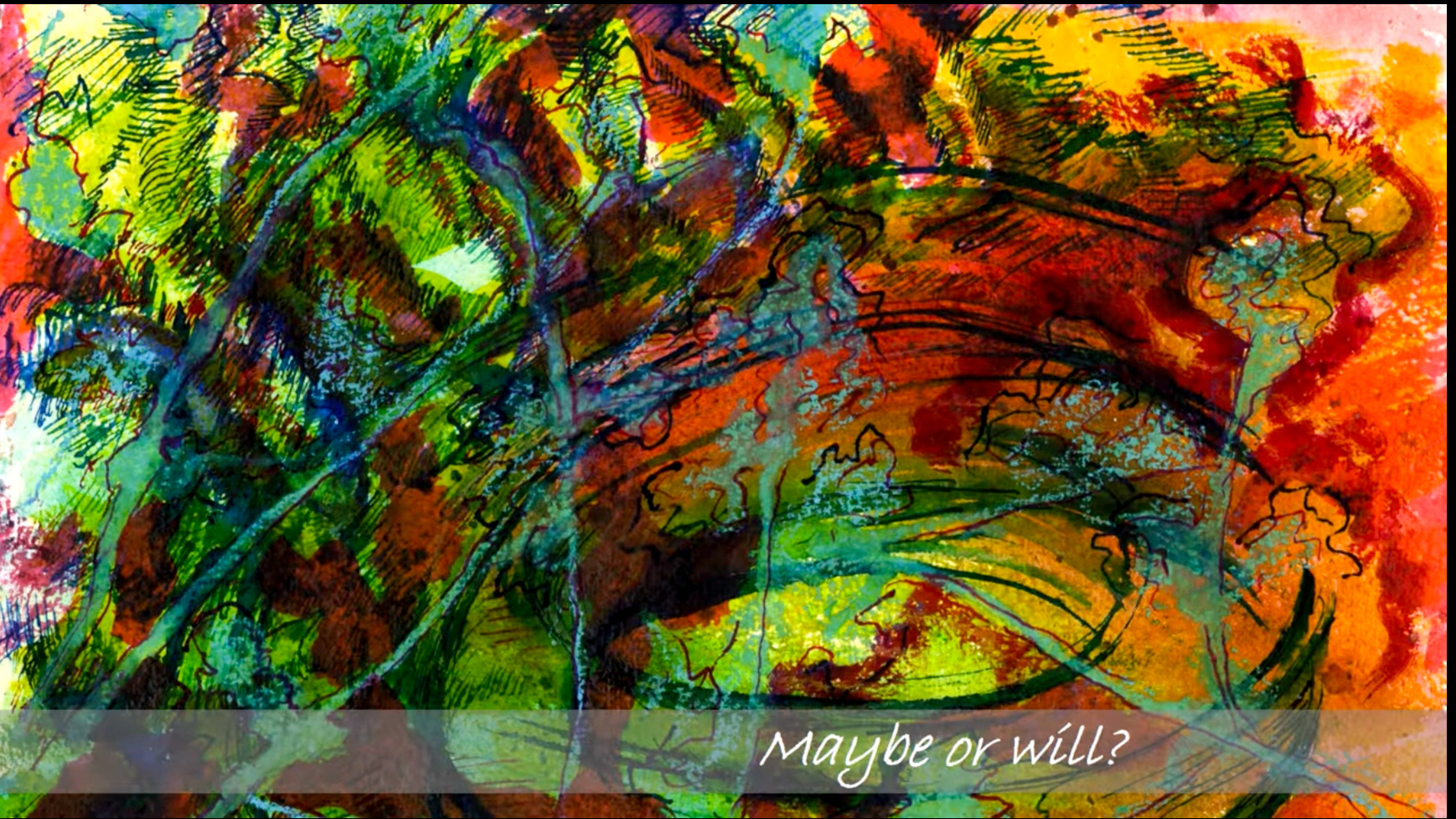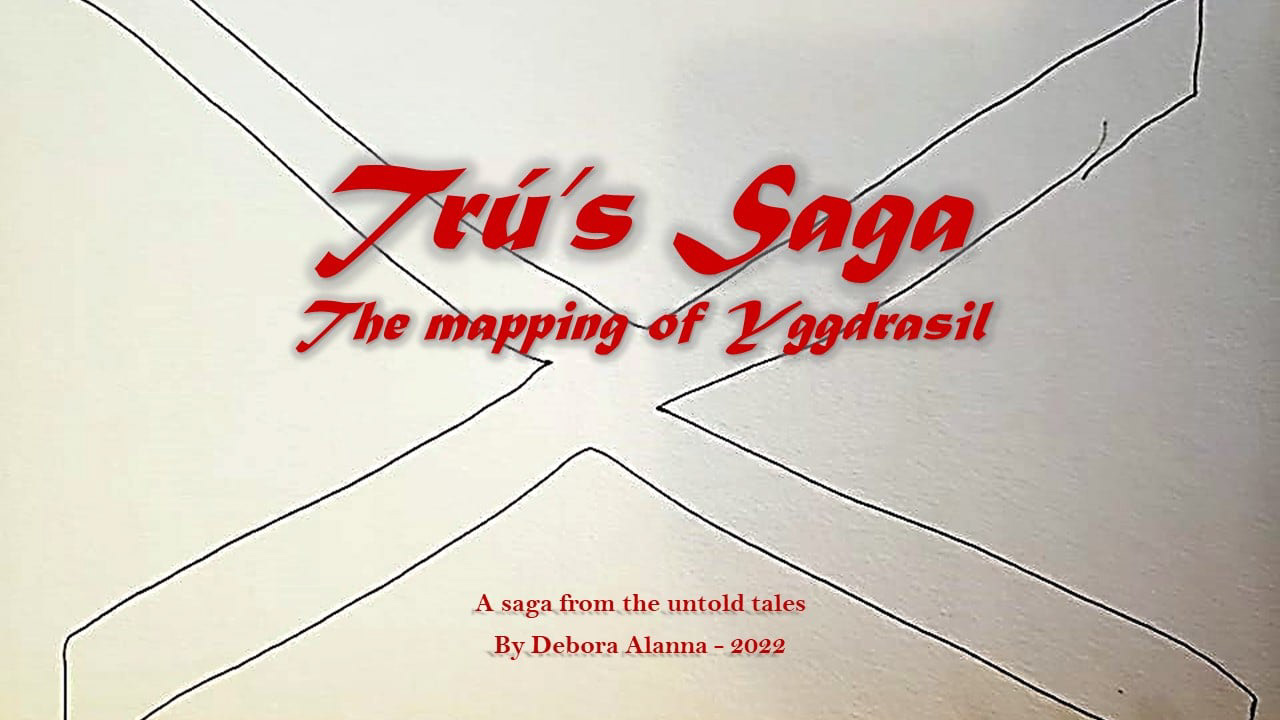"Lullaby"
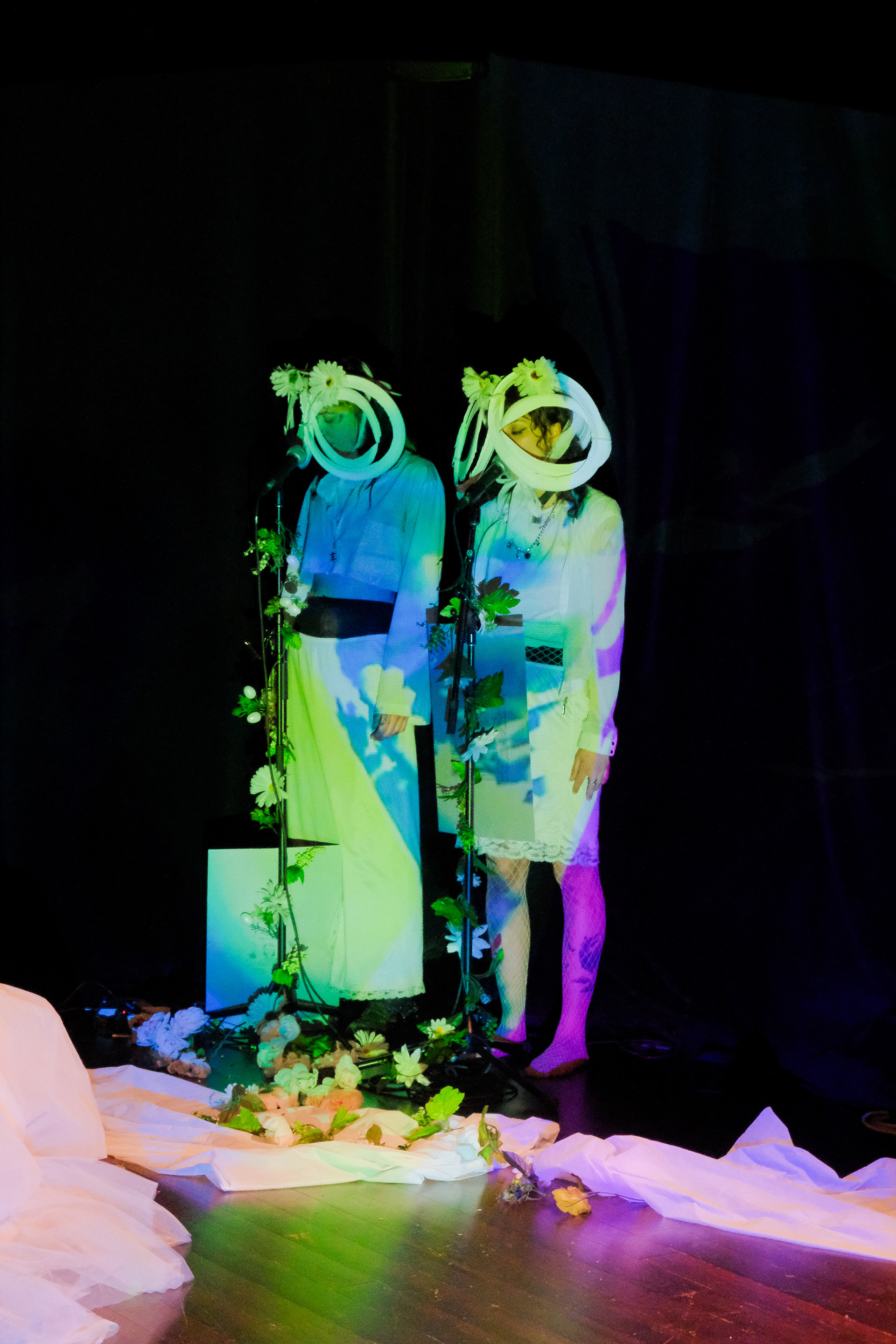
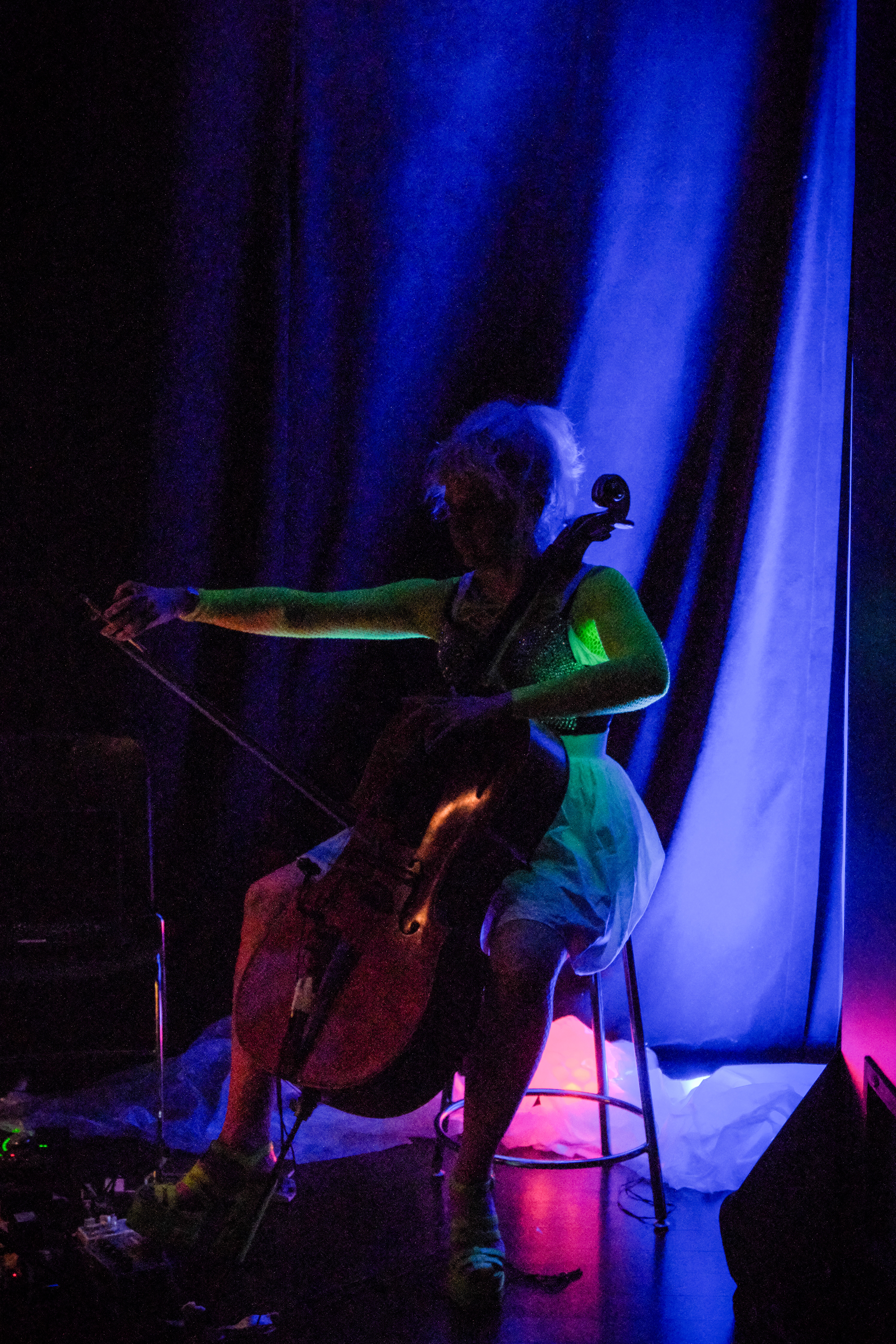
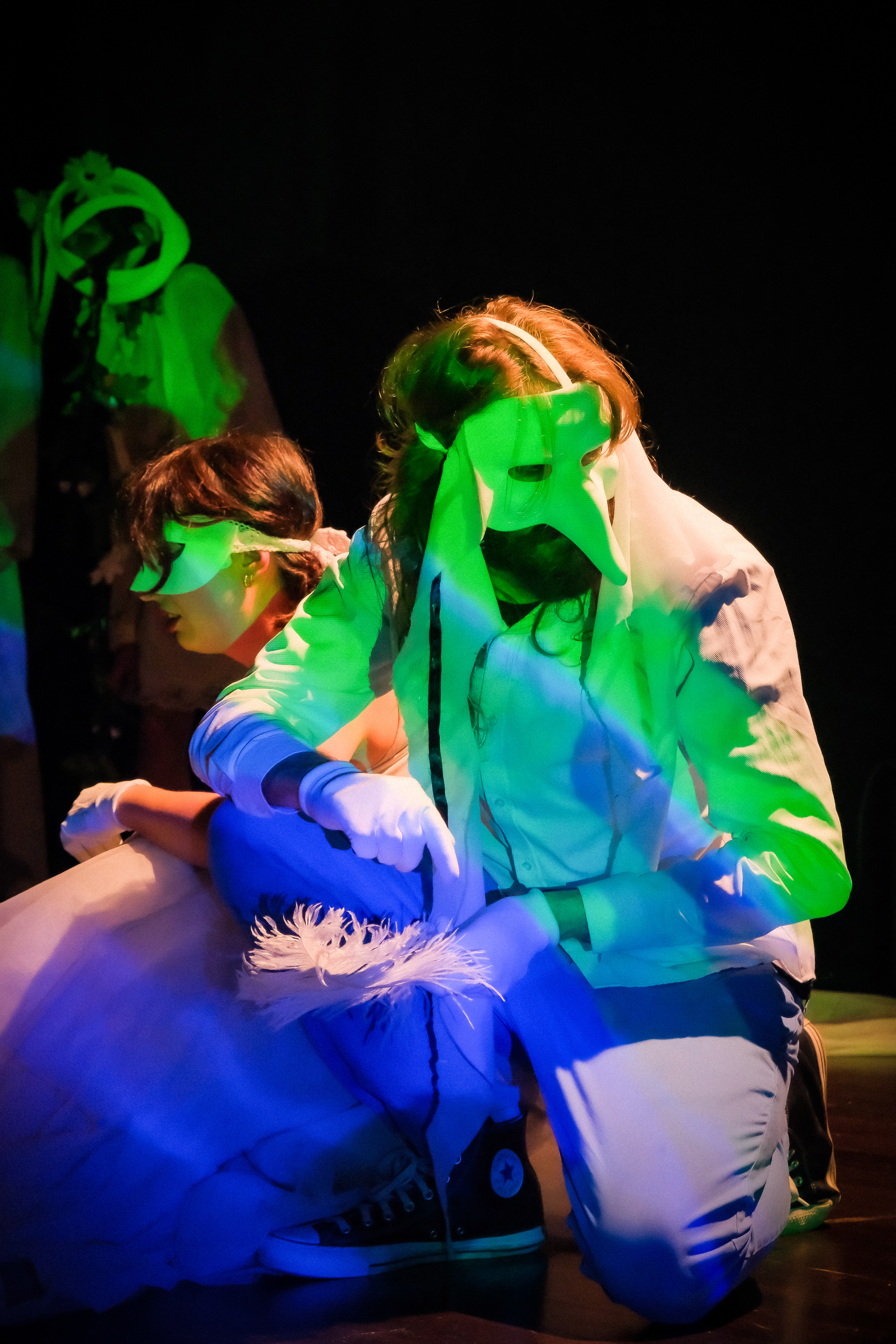
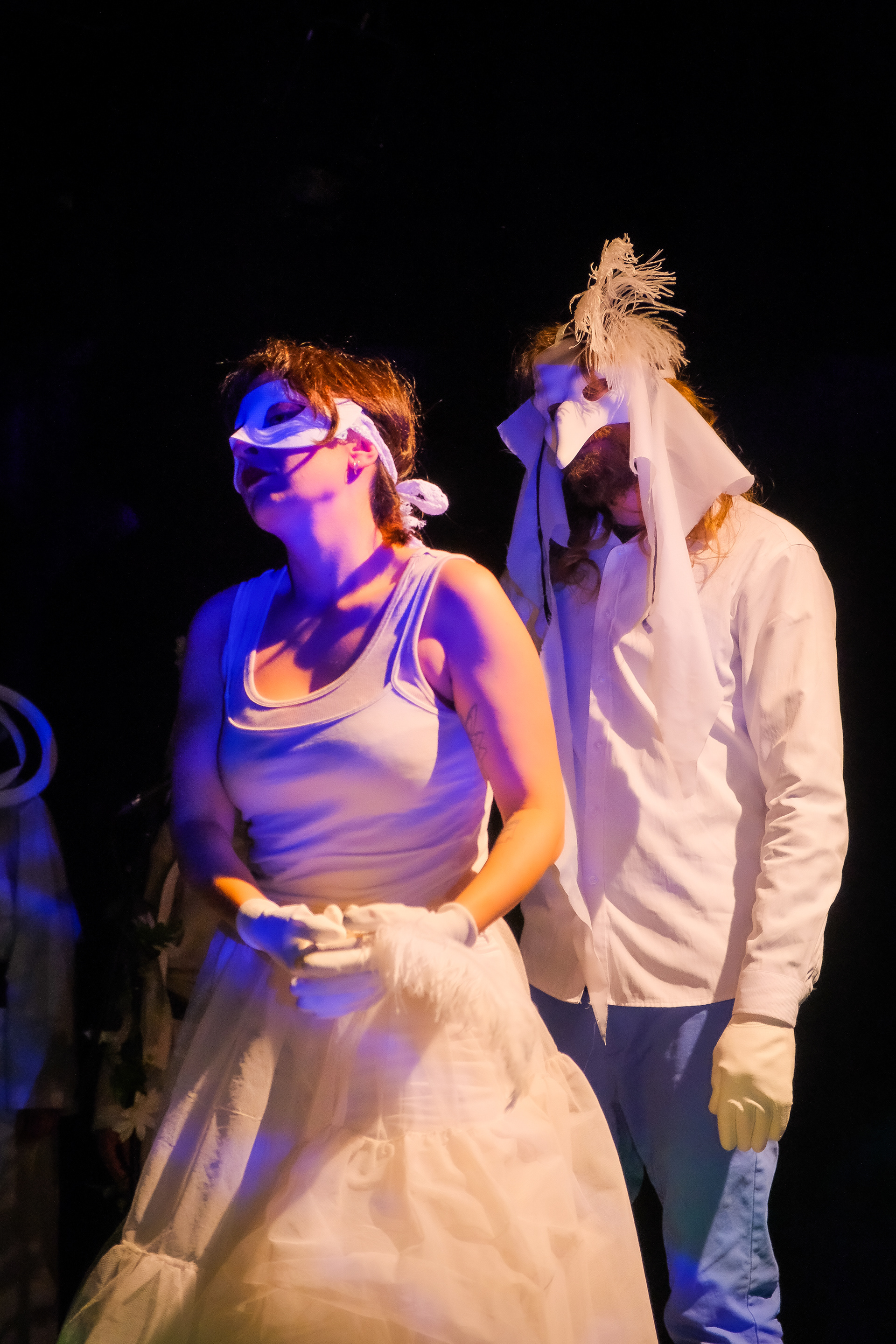
May 4th 2024 @ MINI BOX
Photo credit: The Embodied Interventions team
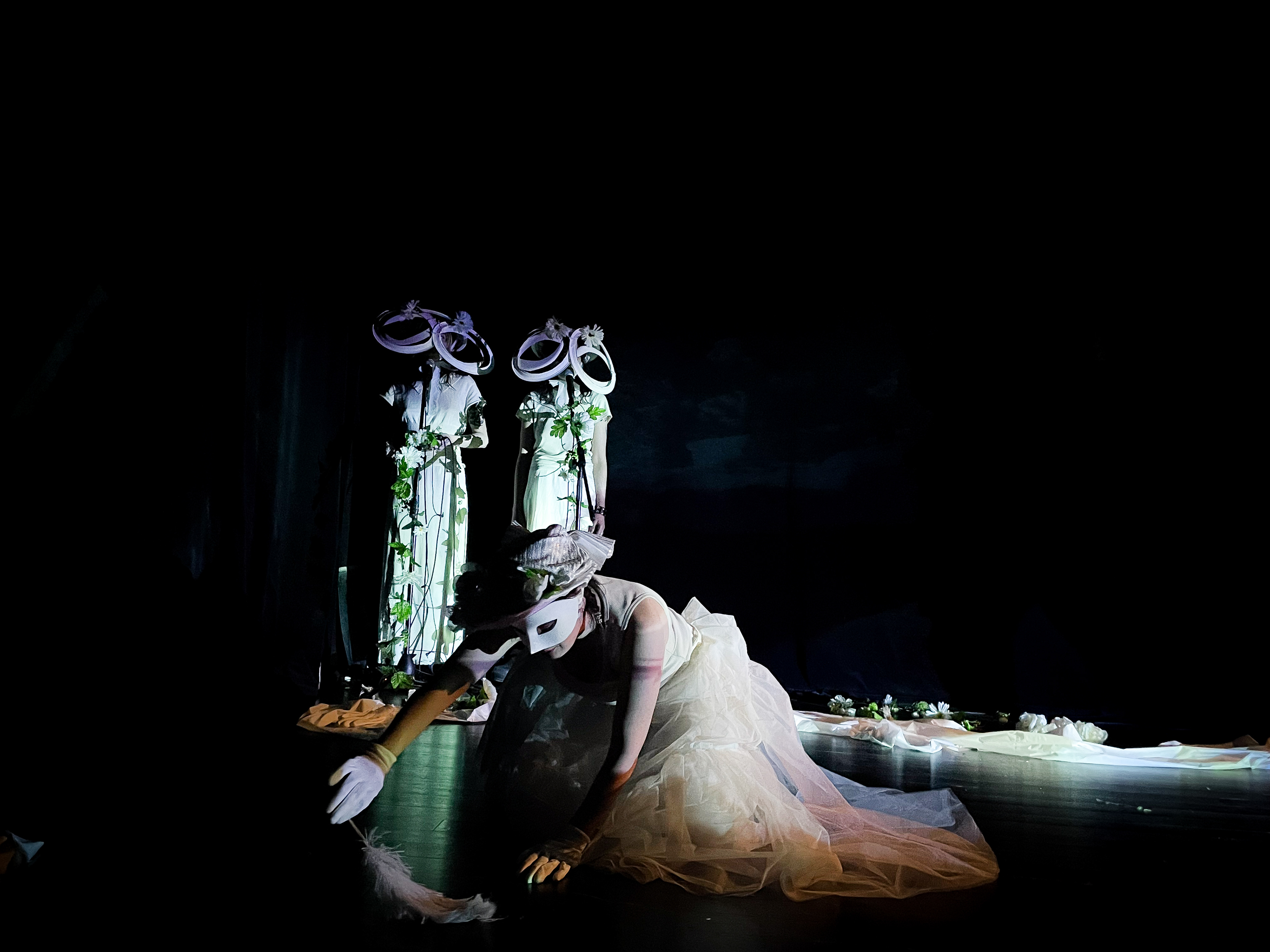
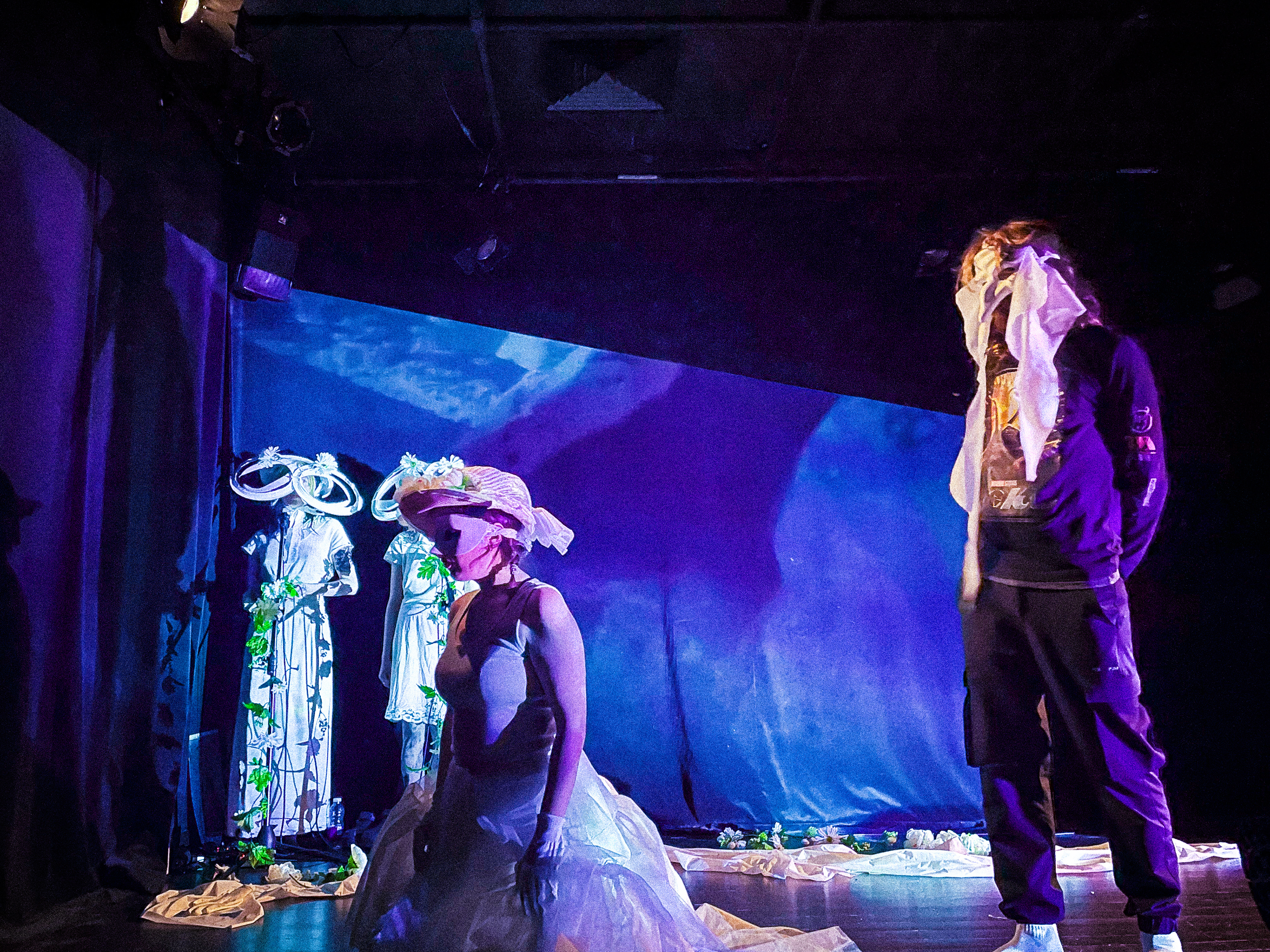
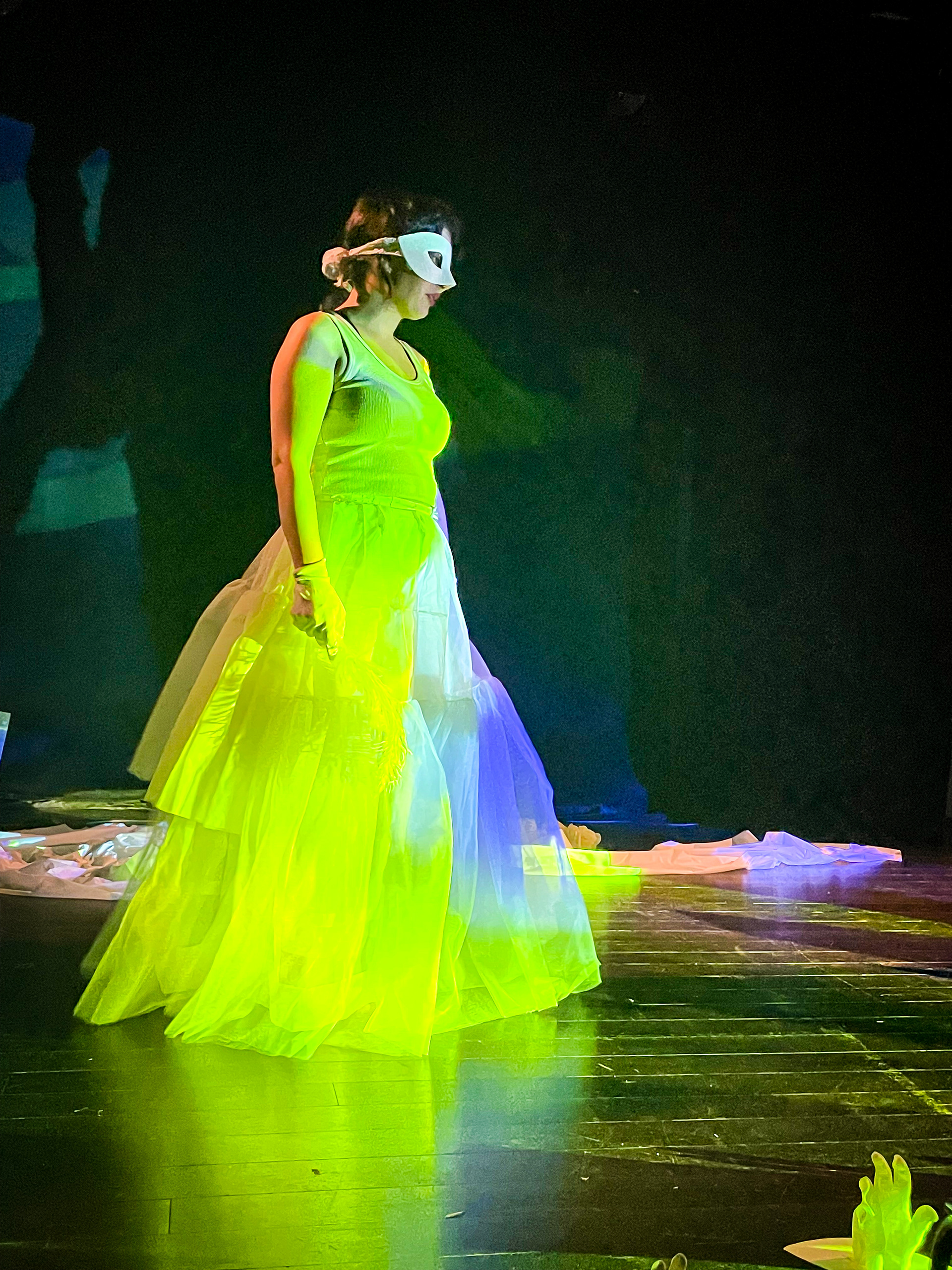
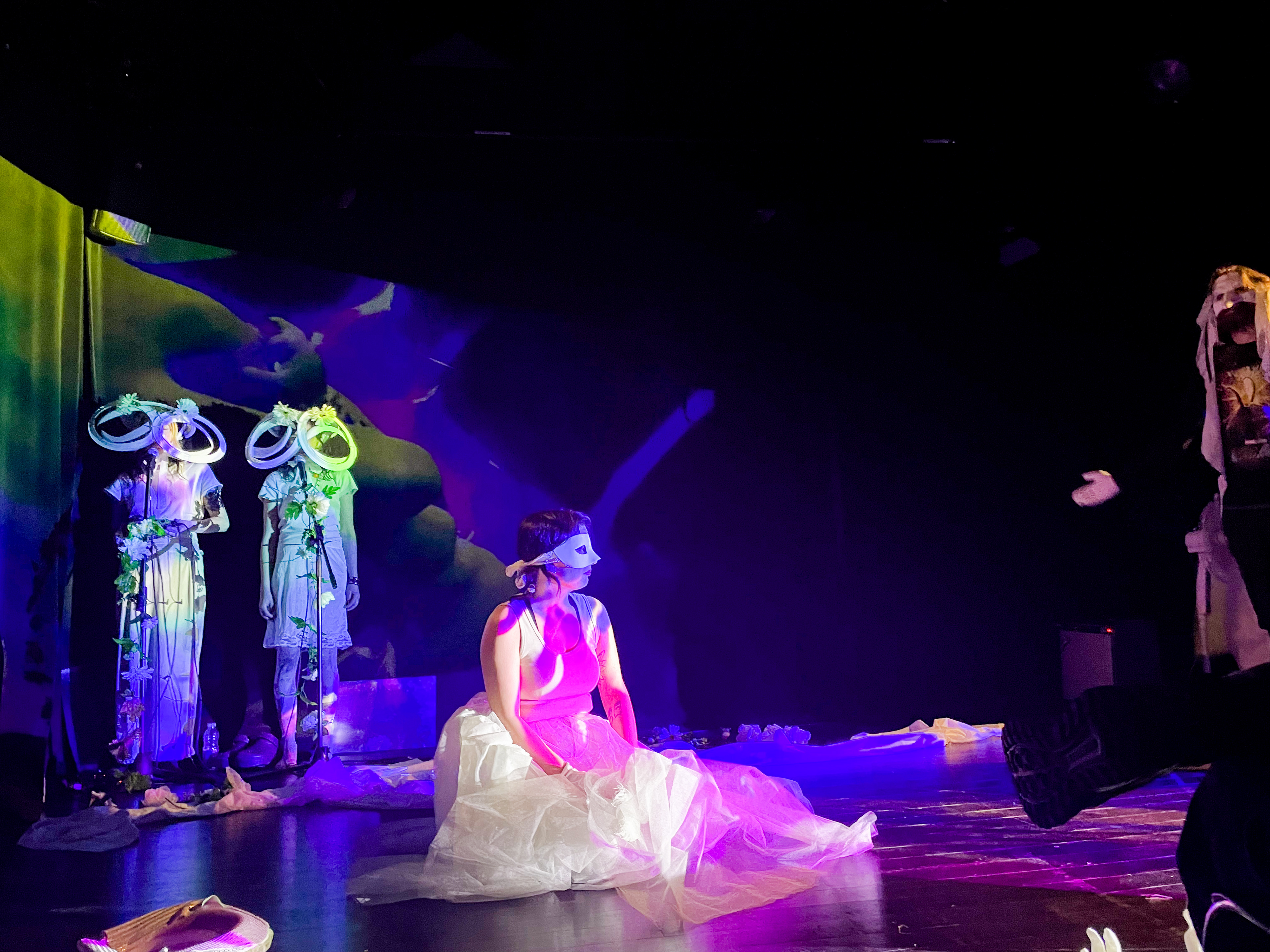

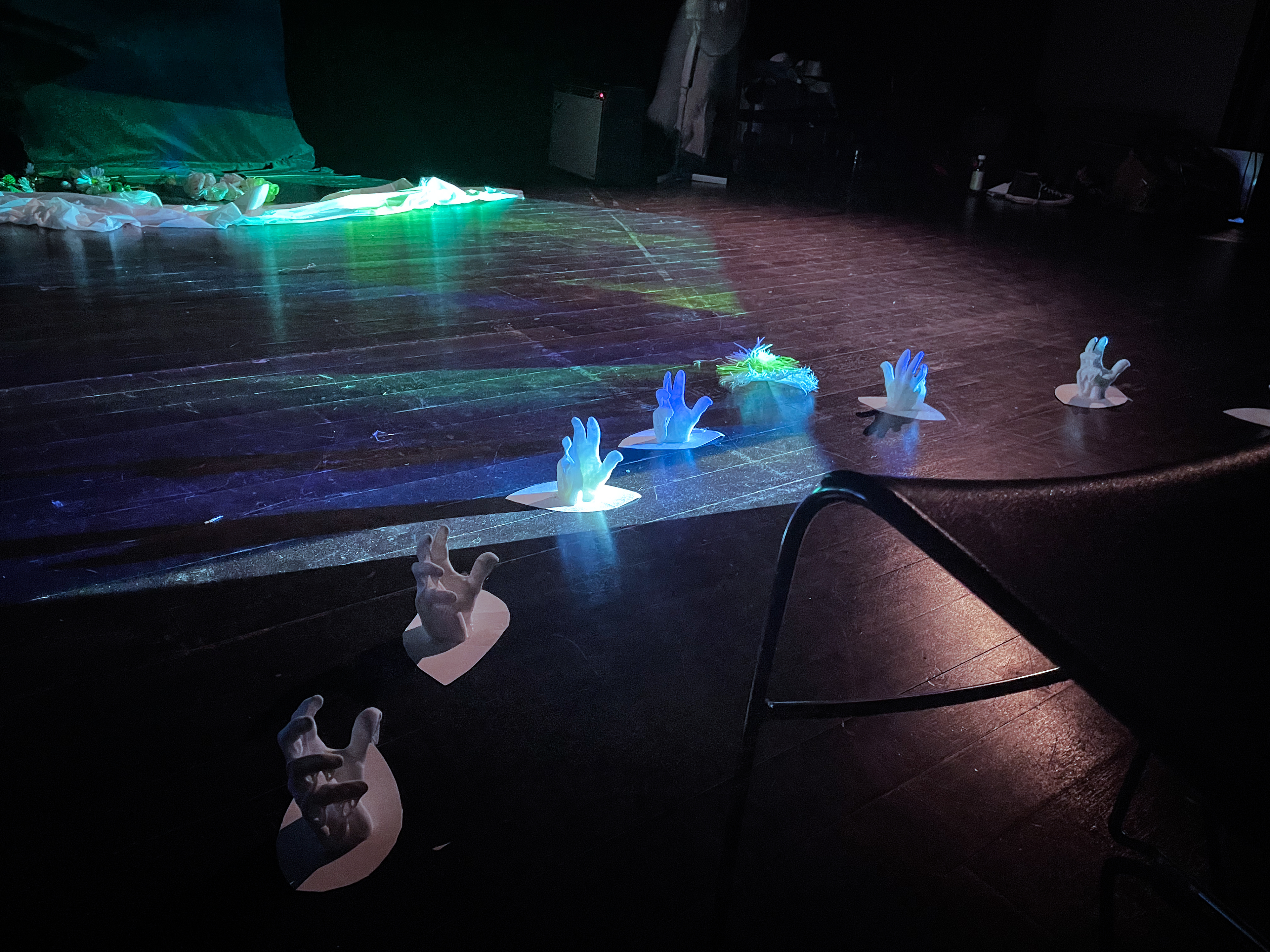
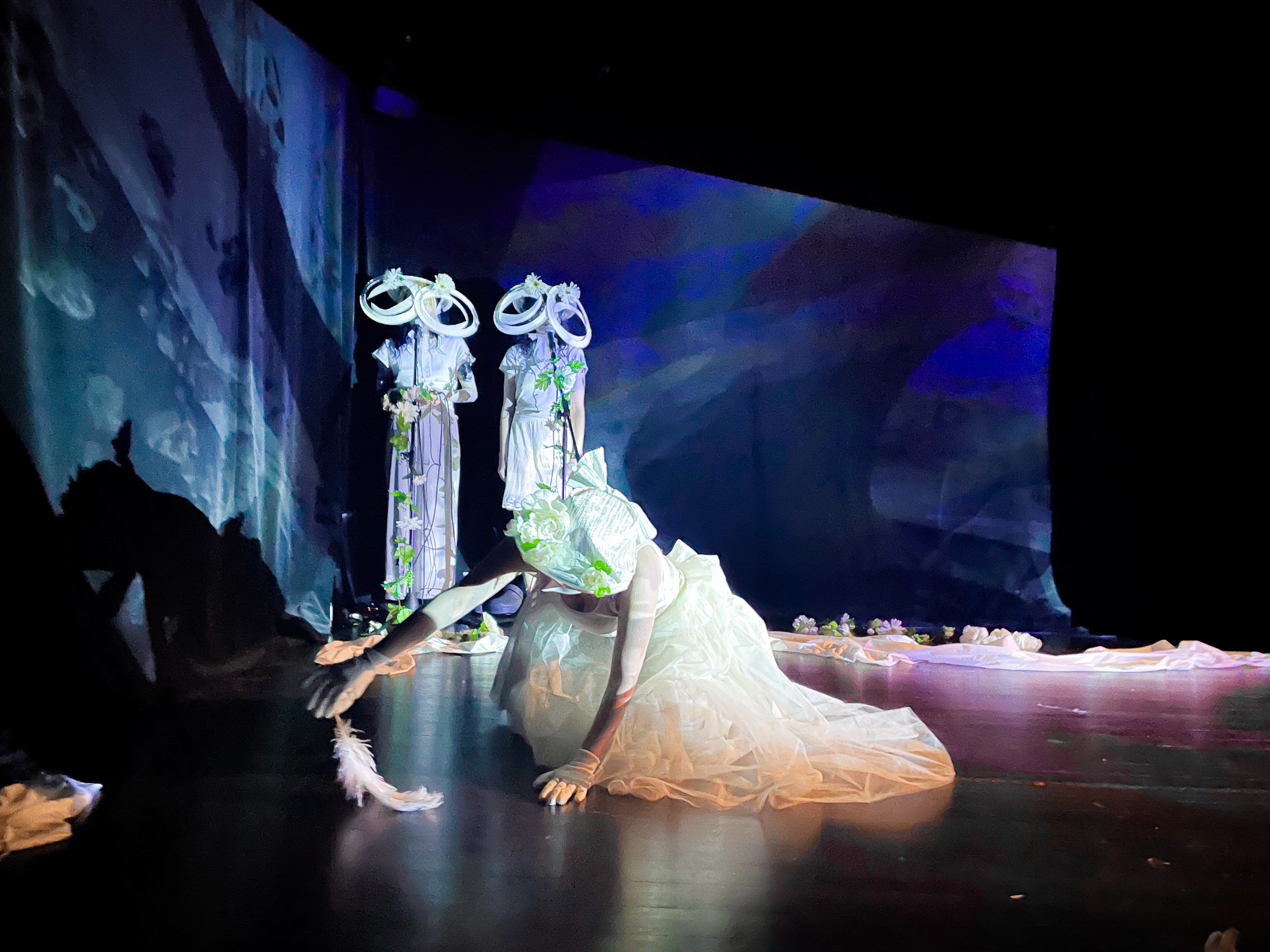
April 12 2024 Performance @ MINI BOX
Photo credit:Tyr Jami
FEATURING:
Amanda Stormyr—Vilborg
Christopher Spencer— Trú, Loki
Chorus & sound art:
— Mixchi Mai
— Jade Elkrief
Christopher Spencer— Trú, Loki
Chorus & sound art:
— Mixchi Mai
— Jade Elkrief
Technical support—Austin Tecks
Writer, director, producer & composer—Debora Alanna
MINI BOX—Concordia EV 4.502
1515 St Catherine O.
1515 St Catherine O.
Original Music by Debora Alanna
(arranged by Tyr Jami)
Musicians:
Ashley Lara, Ted Cameron, Thomas Gaudet- Asselin
Recorded at Concordia University
"Grief"
"Memory"
"Rocking Baby to Sleep"
"Wind"
"Waves"
The story behind "Lullaby"
From the evidence within the earliest Icelandic sagas, it was noted that women sang a lullaby to their infant, to lull them before they were released, either to the lava fields or the ocean. Infants were released because parents or families or communities were unable to care for their infants. Poverty was rampant. There was insufficient therapeutic aid. Women bore children that could not thrive. A mother’s health, or the infant’s health might determine the fate of the child. Or the mother or relations could not or would not care for the infant. Food shortages, the weather, overcrowding all impacted lives. Some infants’ origins did not abide with the cultural norms. Infants conceived by incest or rape, or adultery contributed to the decision to release children to the elements.
Lullaby is one woman’s story of her decision to release her child to the ocean. Vilborg is a character from Icelandic folklore. This music is an operatic story of her decision to release her daughter, Katla, to the waves on the black beach near Vik in Iceland. The black beach is still known for its ability to sacrifice humans to its waters.
Vilborg’s lover, Trú, nine months earlier than the Lullaby story was a man. Loki, the deity, transformed Trú into a raven, because Trú was disrespectful. Before Trú was fully a raven, Vilborg and Trú conceived the child, Katla. Katla was born part raven, and could not survive. Like many before her, Vilborg decided to release Katla to the ocean, so that the 9 goddesses of the ocean, the nine daughters of Ran and Aegir could care for her. In Norse mythology, the goddess Rán and the jötunn, Ægir both personify the ocean. Their daughters personify waves.
Lullaby is one of my extrapolations of the folk tale of Vilborg and the raven, Trú. In the original folk tale, Vilborg saves the raven from drowning in a well. I have written further stories exploring the relationship between these two characters. In some of my stories, Trú saves Vilborg or Vilborg saves Trú, again, or they save each other.
This story segment of their existence is called Lullaby. I chose to tell the story through music because it is the Lullaby that encompasses this mother’s love. Viborg’s voice tells the story of the complexities of her decision to release Katla. Vilborg is alone in this decision as Trú finally became raven and he was not around. But we hear him circling. In Lullaby, Vilborg sings of her love of her daughter and the pain of releasing her into the ocean.
The relevance for this work remains, because many people today cannot keep their children. They are released to the state or other institutions, or die from lack of care or insufficient care resulting in malady. We as a global society continue to sacrifice people to conflicts, allow poverty and disease to contaminate the wellbeing of people in harsh circumstance despite our claims of advancement from the time of this opera.
This story segment of their existence is called Lullaby. I chose to tell the story through music because it is the Lullaby that encompasses this mother’s love. Viborg’s voice tells the story of the complexities of her decision to release Katla. Vilborg is alone in this decision as Trú finally became raven and he was not around. But we hear him circling. In Lullaby, Vilborg sings of her love of her daughter and the pain of releasing her into the ocean.
The relevance for this work remains, because many people today cannot keep their children. They are released to the state or other institutions, or die from lack of care or insufficient care resulting in malady. We as a global society continue to sacrifice people to conflicts, allow poverty and disease to contaminate the wellbeing of people in harsh circumstance despite our claims of advancement from the time of this opera.
Parental pain is heard through the recount of Vilborg, a folk character alive in the 19th Century. The event recounted in Lullaby occurred in fiction only. However, it is a timely piece as the world is not entirely wholesome, nor able to support its vulnerable, despite medical sophistication, despite our financial strengths. This is a tale of woe for our continued human suffering.
Now, it is 1864, near the summer solstice. The skies are clear on this early morning day. Katla, the volcano is rumbling, about to erupt. Katla, the baby of Vilborg and Trú was named after the volcano. Trú, the raven, formerly man circles, because he cannot fathom what is about to happened. Katla is about to be released into the ocean on the black sands near Vik.
Now, it is 1864, near the summer solstice. The skies are clear on this early morning day. Katla, the volcano is rumbling, about to erupt. Katla, the baby of Vilborg and Trú was named after the volcano. Trú, the raven, formerly man circles, because he cannot fathom what is about to happened. Katla is about to be released into the ocean on the black sands near Vik.
Poem:
Sap, the lifeblood of a tease, a-gone
once lived in your veins
filled your eyes with
sticky intrigue
resisting meaning.
Sap caught me
convinced, awe-me
I should give your breath a-chance.
Once, the scruff of wild abandon
subsided
sap that once flowed through seeing
into me
grew
by some trickery.
Nascence
glee-fulness.
Elemental, I trusted being
with you.
Now you flutter
a-weighing
the ages forward
birthing a-verdant
b-abling
a-respite from oceanic spurning.
Go, then. Be re-born through
faltering
reflective burning.
Spurn absence.
Burn, alight-ing life
rife with abundance.
Break branches.
Hardening sap denies
relies on
Heart-ful wittiness.
To be be-gone. Again.
Go, then, to watery napping.
Go, then, to watery napping.
I lull you, despite volcan-actif
rupture. Somewhere. I may cry.
May I? I admit to sighing.
Cry-a-bye.
You are already in another a-not-her
Dimension.
As wavings break,
waves
slake the sapping
memoire-seized, a
rollock-ing arch
that conceived you
into being.
Parched.
Parched.
Wrap-you.
You
warp me.
warp me.
Before your eyes beguile me-you
back to lifes’
arms of oceanic love
will press
will,
a blessing.
Elsku min.
